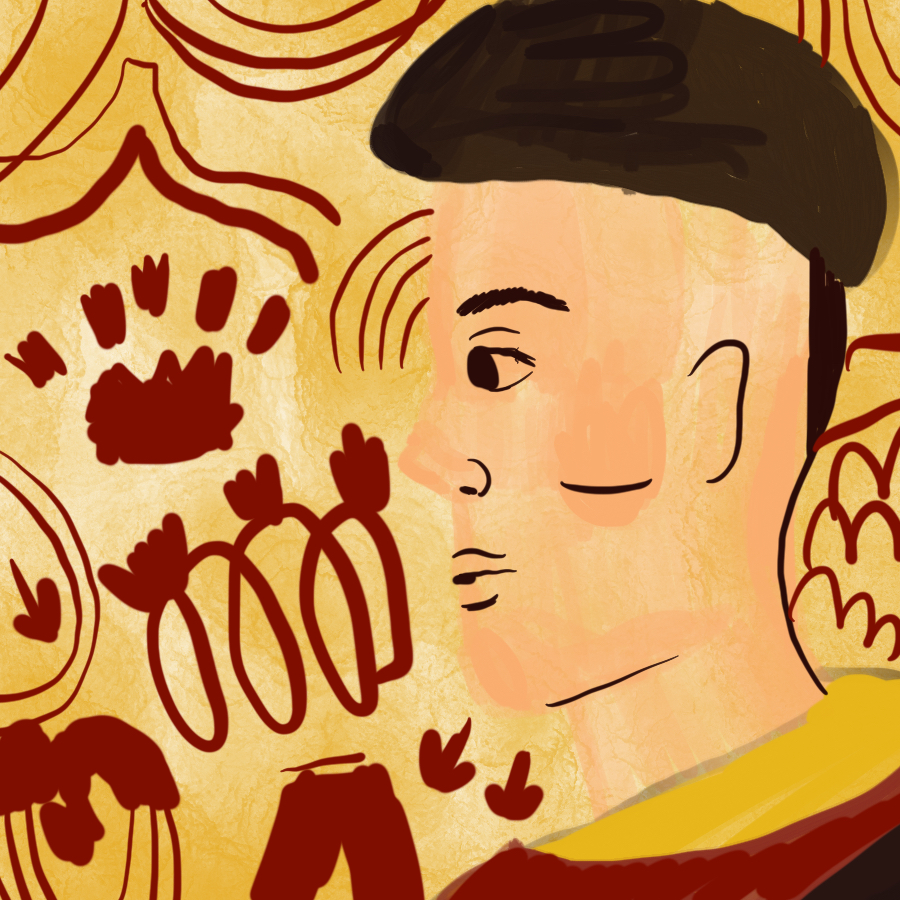Act 3, Scenes 3–5 Summary and Analysis
Scene 3
The governor of Harfleur meets with Henry. Henry begins by emphasizing that this is the last audience he will grant the governor. Henry expects full capitulation to his demands. He declares that the name “soldier” suits him best and says he won’t stop until he achieves his aims.
If Harfleur refuses to surrender, Henry himself will close the “gates of mercy.” He will stand back as his soldiers commit atrocities. “Fresh fair virgins” and infants will be mowed down like “grass,” and the spirit of the “prince of fiends” will prevail. He tells the governor to surrender while Henry still has command of his “enraged soldiers.” Otherwise, the people of Harfleur can expect their daughters to “fall into the hand / Of hot and forcing violation,” the heads of the old to be “dashed to the walls,” and naked infants to be “spitted upon pikes.”
Having been told by the Dauphin that Charles has no resources with which to rescue Harfleur, the governor surrenders the city to Henry. Henry then orders Exeter to fortify Harfleur against the French. He announces that they will leave for Calais the next day.
Scene 4
The scene shifts to the French palace, where Princess Katherine is trying to learn English. By her side is her lady-in-waiting Alice. With great patience, Alice teaches Katherine the names of body parts in English. Katherine does admirably but struggles when she tries to sound the words for “foot” and “gown.” In French, these English words sound like rude and vulgar words. Eventually, Katherine ends their session, and the ladies leave for lunch.
Scene 5
In Rouen, the King of France confers with the Dauphin, the duke of Bourbon, and the Constable of France. He says he is certain that Henry has crossed the River Somme. The Constable says that they may as well leave France and give their vineyards to a “barbarous people” if they fail to challenge Henry.
The duke of Bourbon says that the English are nothing but “Norman bastards.” The Dauphin agrees that the English are of “wild and savage stock.”
Musing aloud, the Constable questions how a people from a “foggy, raw, and dull” climate could be such skilled warriors. He laments that Frenchmen pale in comparison. The Dauphin agrees that this is a sad state of affairs. French women are now offering to sleep with the English to populate France with “bastard warriors.” The duke of Bourbon admits that they look like cowards when compared to the English.
In response, King Charles tells his noblemen to prepare for war and bring Henry to Rouen as prisoner. The Dauphin begs to be included in the war effort, but King Charles tells him to wait patiently by his side. By all indications, the prince will not fight until the order is given.
Analysis
On the surface, Henry’s justification for violence is inconsistent with his rhetoric of morality. Through the use of aggressive language, Shakespeare reveals his protagonist’s complex nature.
In this section, Henry threatens an “impious War / Array’d in flames like to the prince of fiends” if Harfleur refuses to submit to his will. He also reiterates that he cannot be held responsible for the “heady murther, spoil, and villainy” that will occur if Harfleur remains defiant.
It is worth considering the rhetorical purposes of Henry’s violent speech. History tells us that Henry was familiar with sieges and knew how to fight them, as he spent his time putting down Welsh rebellions during his father’s reign. Thus, his fearsome reputation would have preceded his arrival in Harfleur. In answer to Henry’s...
(This entire section contains 710 words.)
See This Study Guide Now
Start your 48-hour free trial to unlock this study guide. You'll also get access to more than 30,000 additional guides and more than 350,000 Homework Help questions answered by our experts.
Already a member? Log in here.
fierce rhetoric, the Governor of Harfleur yields the town to Henry’s “soft mercy.” Language, then, is a form of power. Henry’s expert use of auditory and visual imagery is enough to bend the Governor of Harfleur’s will to his.
Meanwhile, Katharine’s struggle with learning English reveals the extent of her powerlessness. She stumbles at the word for foot (“le foot”) because it sounds similar to a vulgar insult in French. Despite her personal aversions, Katharine must learn English to communicate with the enemy of France. Her royal position grants her no defense against the demands of a foreign conqueror.
